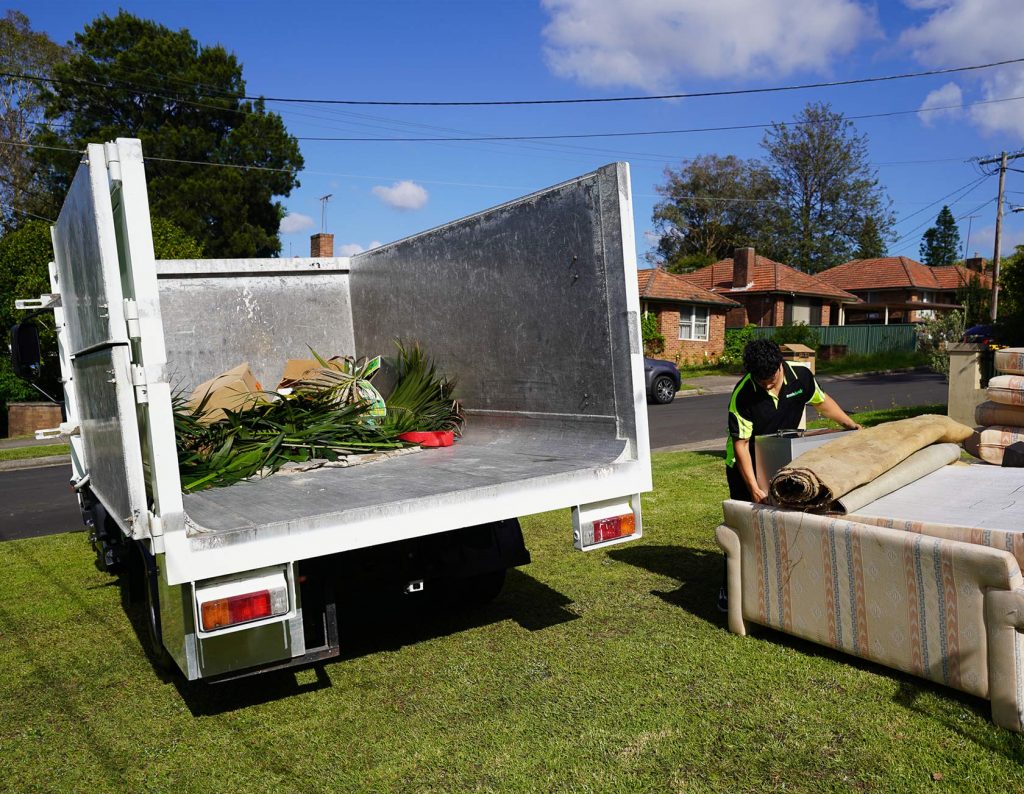You just took a bath. But, for some reason, you still smell like rotten eggs. Maybe it’s not you who smells but the nearby bin overflowing with rubbish.
In a country that generates about 67 million tonnes of waste every year, the sight of overflowing rubbish is pretty much common. Although Australian households are provided with outdoor trash bins, like kerbside recycling bins, their size just couldn’t match the amount of waste we produce.
Garbage overflow causes a bunch of problems. Some of these are air pollution, pest infestation, health issues around the neighbourhood, and even water supply contamination. It isn’t something that could be ignored for a long time.
But, the problem’s scale often requires more than just a simple sweep or pick-up from the house owners. Here are 7 alternative methods you can choose for the overflowing bins.
1. Consumption Reduction
Reducing our product consumption would be the most preferred option for solving the overflowing trash. After all, these wastes wouldn’t have piled if it weren’t for our consumerist lifestyle. If we consume less, we’re conserving our natural resources and saving our bins from overflowing.
2. Product Reuse
If it’s impossible to reduce product consumption, then patronising reusable and long-lived products is the next best thing to do. That way, disposal wouldn’t be as frequent as it is for single-used products.
3. Recycling
In 2017-18, only 320 000 tonnes or 9.4% of the generated waste was recycled in Australia. This means that even if the country’s rich with recycling initiatives, the problem with low waste recovery rates is still far from getting solved.
We need to work together if we want to see changes. You can start with your overflowing rubbish. Recycling and segregating reduce the amount of waste you must dispose of in a single bin, which means overflowing becomes unlikely.
4. Composting
Did you know that 20% of Australia’s total waste is organic?
Yep. That’s true. It even increases by 10% every year. Most of these come from households, so it’s likely that they also take up a lot of your bins’ space. But why throw these in a bin when they are biodegradable and suitable for composting?
Organic wastes are composed of food residuals, garden clippings, and anything that degrades naturally in the environment. Although there are bins provided for compostable rubbish, why not start your garden composting system? This could benefit your plants too. Just follow this beginner’s guide:
- Choose a method and location
- Know and collect compostable wastes
- Layer the material
- Distribute your compost.
5. Council pick-ups
Suppose the amount of overflowing rubbish is already beyond your control. It’s best to ask for help first from your local council. In Sydney, residents can avail a free rubbish pick-up service.
However, it’s only limited to bulky items, like obsolete and broken mattresses, computers, furniture, and white. Since all of these occupy a considerable space, council pick-up can help you free up your bins to prevent rubbish overflow.
6. Skip Bins
With the limitation of council pick-ups, services focused on waste collection emerged—one of these skips bin hire.
A skip bin is a metal container of varying sizes (2 to 30 cubic meters) delivered to a household to store rubbish until pick-up time (usually lasts for weeks). It’s especially helpful in managing overflowing unsorted wastes.
To avail of this service, place an order, wait for your bins to arrive, and load all your wastes before collection day.
However, the drawback of hiring skip bins is the prolonged stay of these bins near your home. They occupy space, encourage vermins, and of course, they stink.
7. Rubbish removal
Your last but not least option is rubbish removal. It has everything that council pick-up and skip bins do not offer. It’s hassle-free, time-efficient, safe, and versatile.
Rubbish removal is the process of hand-loading various kinds of waste for collection, segregation, transportation, recycling, and disposal. Specifically, rubbish removal companies like Aussie Junk experts collect and manage your waste personally. You won’t have to endure the stinky rubbish smell at all.
It’s also eco-friendly since collected wastes are brought to donation centres and recyclers before resorting to landfilling.
Final Thoughts
Overflowing rubbish is truly bothersome. It compromises you and your community’s health. Hence, carefully assess these methods to identify which one suits you best. After all, we ultimately want to live in a clean and refreshing environment.

